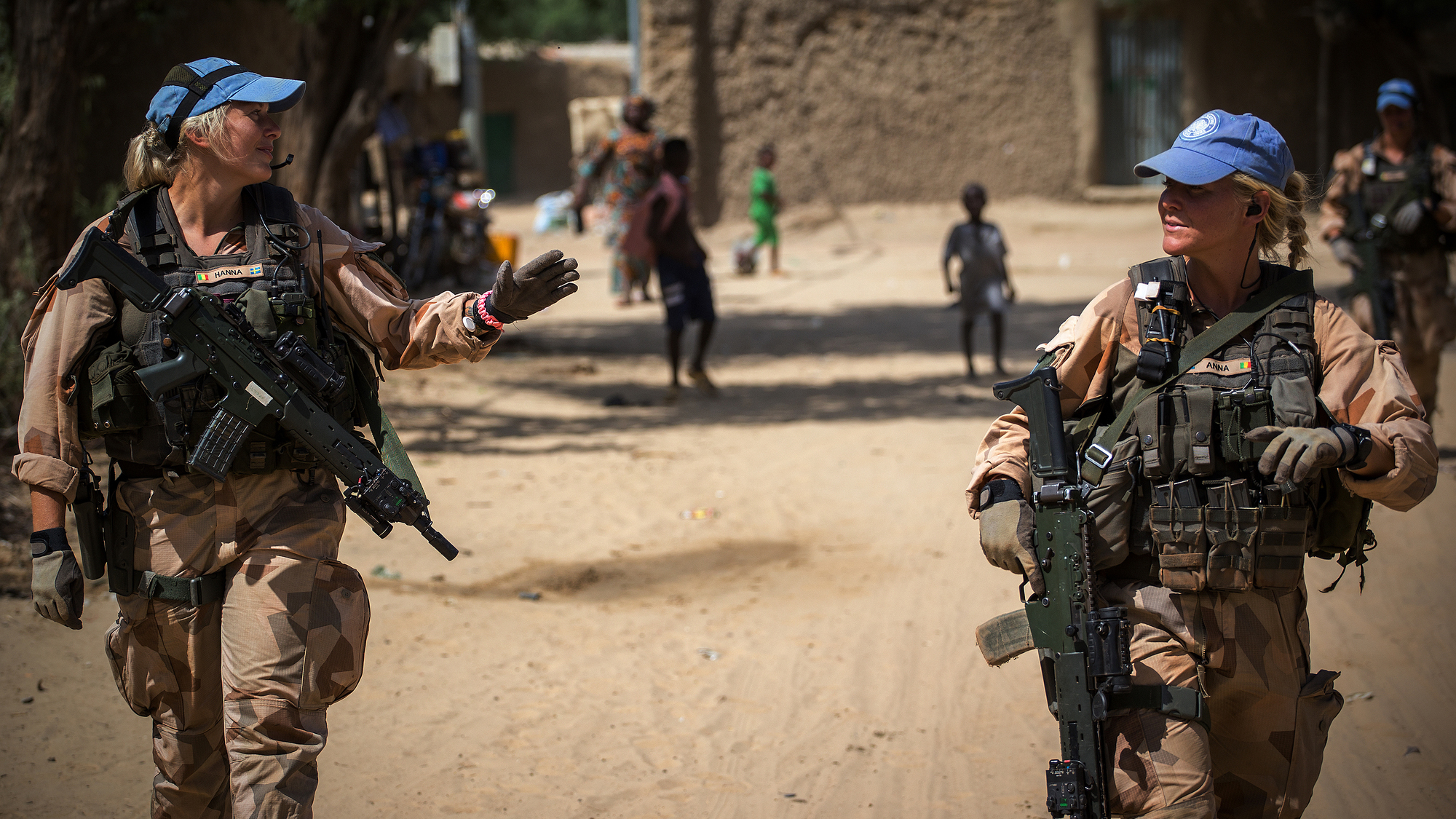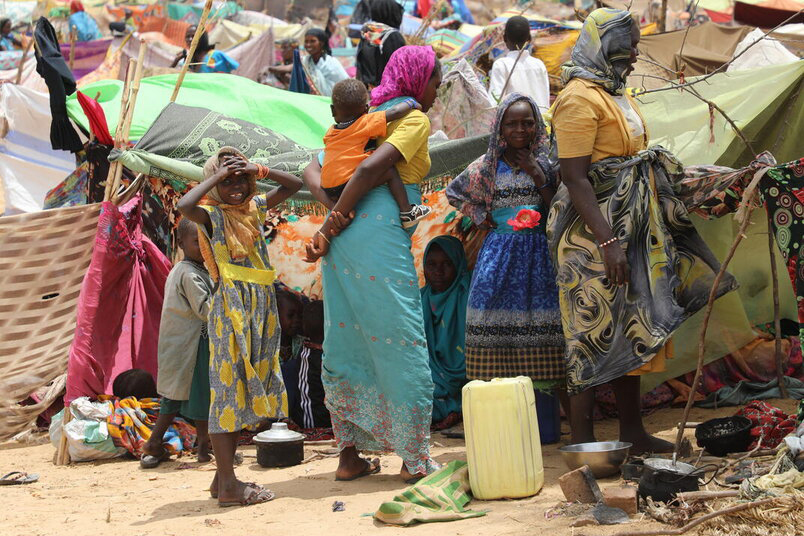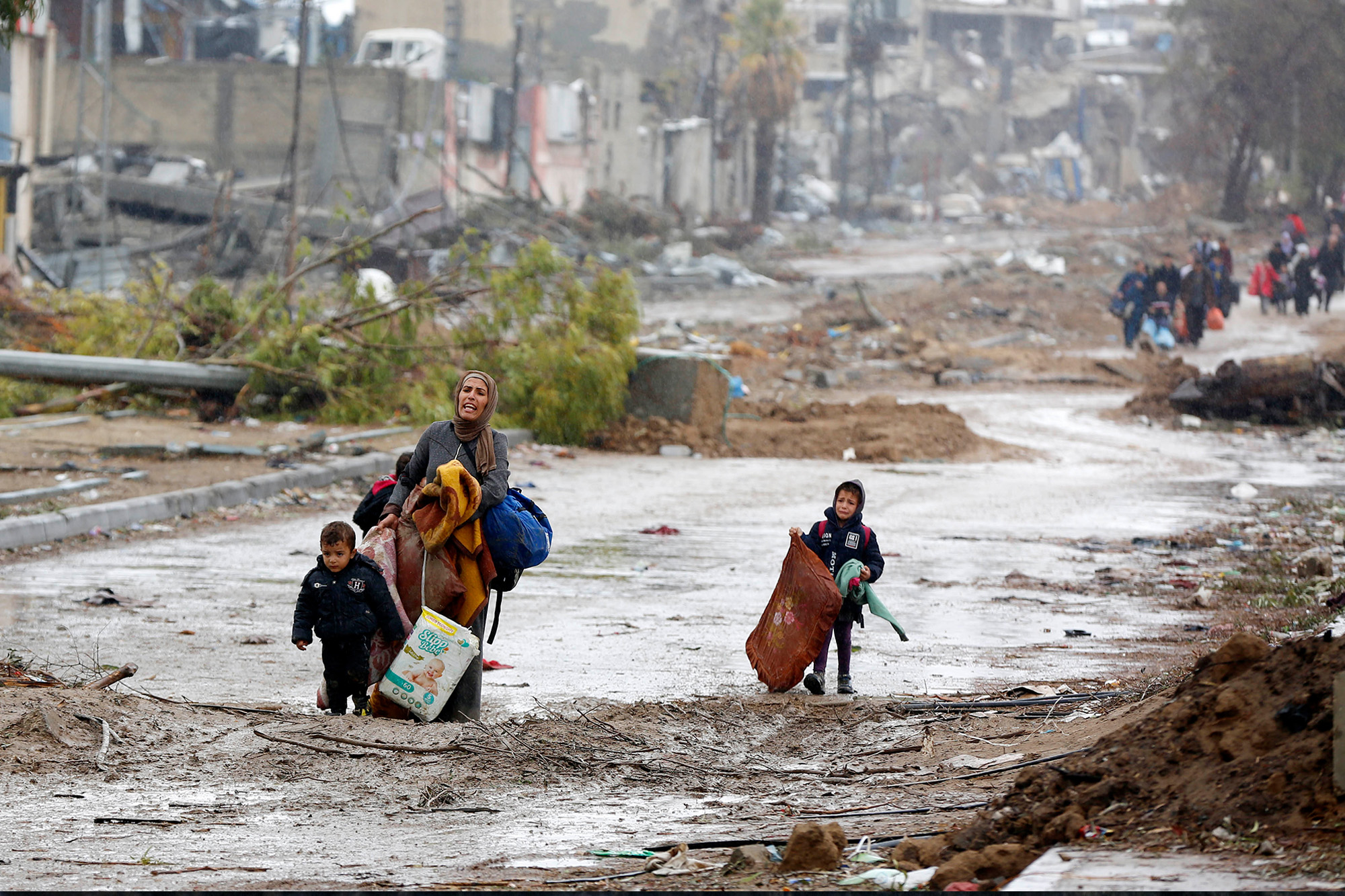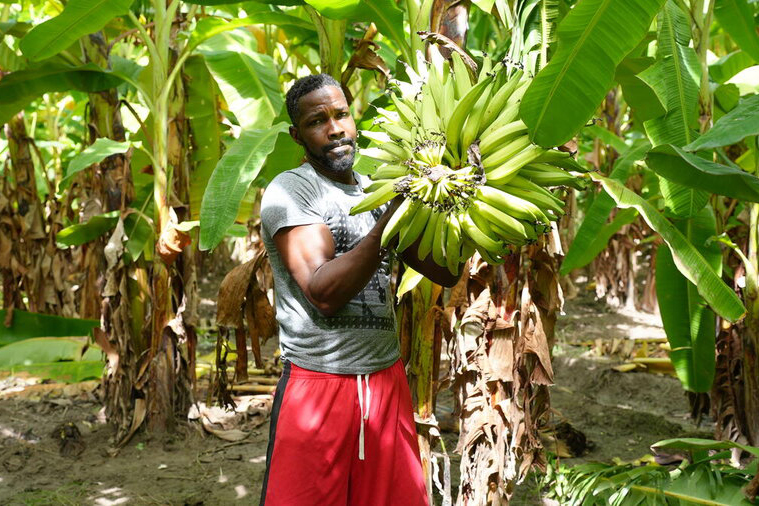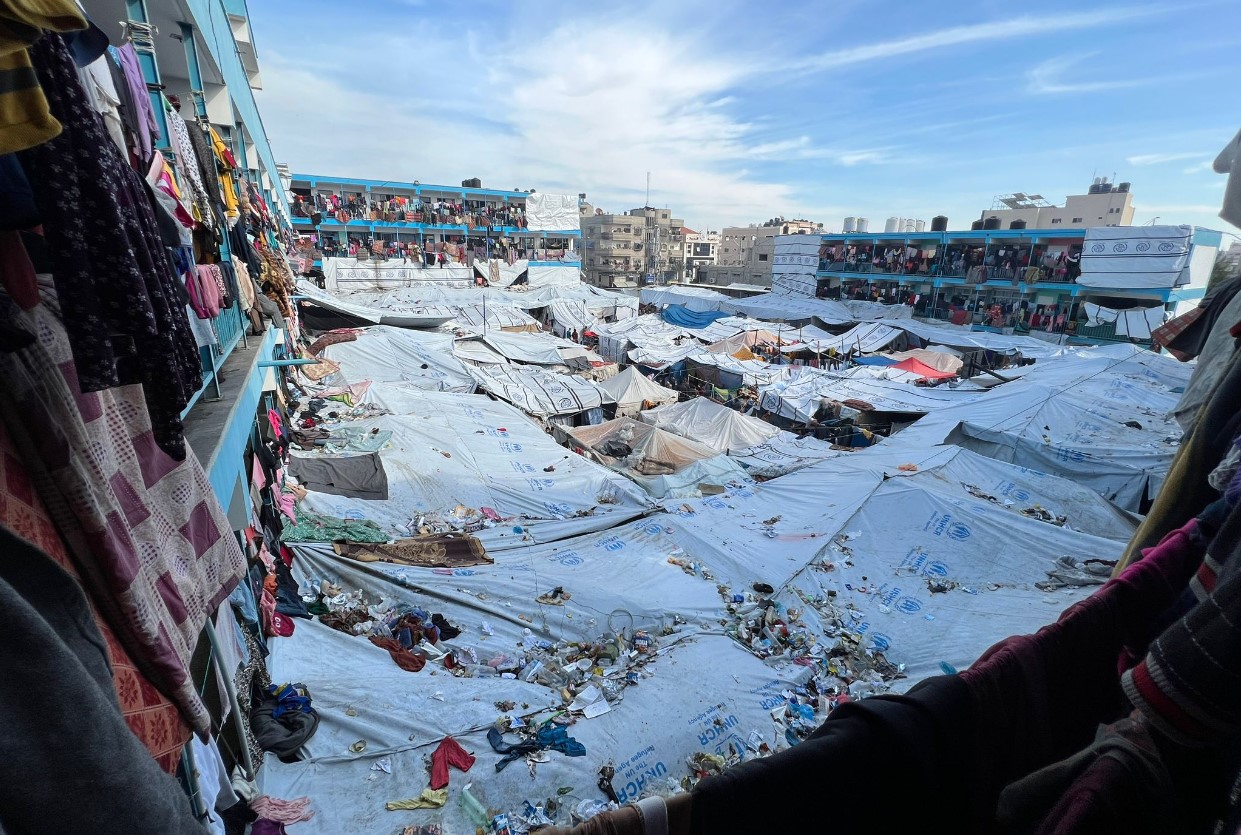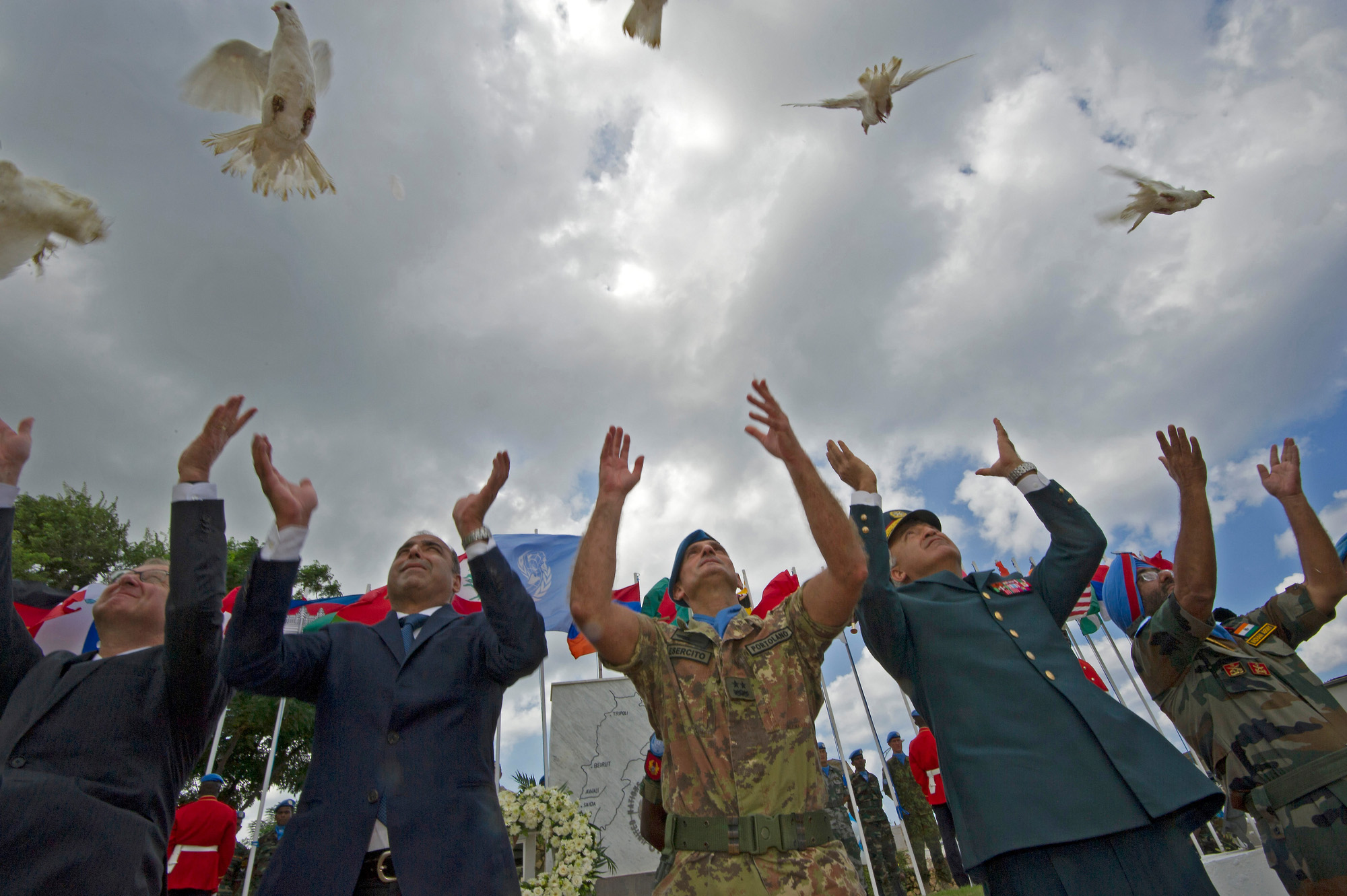Find out more in
Sudan's ongoing war has led to widespread displacement, hunger, and a yearning for peace and normalcy among its affected population.
The Gaza conflict has been going on for over six months with devastating consequences. Thousands of Palestinian women have been killed, leaving children orphaned. Over a million women and girls face dire living conditions with limited access to necessities like food and medical care. Destruction of infrastructure has exacerbated the crisis, leaving many injured individuals without treatment. Urgent calls for humanitarian aid and a ceasefire are needed to prevent further suffering. Escalating violence in the West Bank and a potential regional conflict between Israel and Iran are also of concern.
There aren’t enough ventilators at Al-Emirati Hospital in Rafah, Gaza to support the babies being born there. Dr. Ahmed Al-Shaer, Deputy Head of the Incubator Care Unit at the hospital, describes the desperate situation.
It is estimated that around 60 million individuals are currently at risk of encountering mines and other explosive ordnance. Many of these individuals live in areas where conflicts have officially ended years or even decades ago, while others are in regions where wars are still ongoing. The active participation of women in addressing the challenges presented by explosive ordnance is now being recognized as a crucial factor in unlocking the sustainable development benefits of mine action. Read the testimonies of women who have cleared mines in Azerbaijan, Ukraine, and Laos PDR after receiving training conducted by the United Nations Development Programme (UNDP).
UN Women, partnering with a Palestinian women's NGO, offers vital aid and advocacy, ensuring women's needs are met and their voices heard amid the ongoing conflict in Gaza.
Farmers in Haiti's Artibonite department, face dire challenges due to armed bandits plundering crops, underscoring the urgent need for security and stability to ensure food security and long-term resilience in the country's agricultural sector.
UNICEF Goodwill Ambassador Liam Neeson is urging for an immediate humanitarian ceasefire in Gaza, emphasizing the critical need to address children's urgent needs. Neeson highlights protection, safe access to life-saving supplies and services, and uninterrupted funding as essential elements in this endeavor. Expressing deep concern over the devastating toll on children's lives amidst the ongoing conflict, Neeson stresses the urgency of ending the fighting to mitigate the humanitarian catastrophe.
The escalation of hostilities in the Gaza Strip is having a catastrophic impact on children and families. Around 1.7 million people in the Gaza Strip are estimated to have been internally displaced – half of them children.
Even wars have rules. No child should be cut off from essential services, nor fall from the reach of humanitarian hands.
WFP shares firsthand accounts from refugees, aid workers, and experts on the ground about the challenges and the critical assistance being provided due to the ongoing conflict in Sudan.
Ukraine is heavily landmine-contaminated due to war, with an area four and a half times the size of Switzerland affected. The UN has been leading the mine action programme since 2016. Clearing mines is a difficult and expensive long-term prospect, with the full demining package estimated to cost more than $37 billion. International partners, including UNDP, are helping Ukraine.

WFP: Food distribution paused in Gaza
Food distribution has been halted in the North of Gaza due to heightened safety and security risks to both the delivery personnel and recipients.
The Security Council is hearing a briefing today from the UN Special Coordinator for the Middle East Peace Process. With almost 30,000 killed in Gaza, intense Israeli bombardment is causing further civilian casualties and displacement. Amid already widespread hunger, WFP has announced that it is pausing deliveries of food aid to northern Gaza, because of the deteriorating security situation. The Secretary-General has repeatedly called for the unconditional release of all hostages and a humanitarian ceasefire, and called the Security Council failure to implement such measures a 'global deadlock’.
Radio Miraya has been broadcasting its core message of peace across South Sudan since 2006. For World Radio Day, celebrated on 13 February every year, Ben Dotsei Malor shares his thoughts on his time in Juba.
Audio Credit: Daniel Johnson, UN News
Violent extremism is an affront to the purposes and principles of the United Nations. It undermines peace and security, human rights and sustainable development. No country or region is immune from its impacts. The General Assembly has declared 12 February the International Day for the Prevention of Violent Extremism as and when Conducive to Terrorism, to raise awareness of the threats linked to violent extremism conducive to terrorism, and to enhance international cooperation in this regard. The initiative supports the Secretary-General’s 2016 Plan of Action to Prevent Violent Extremism.

